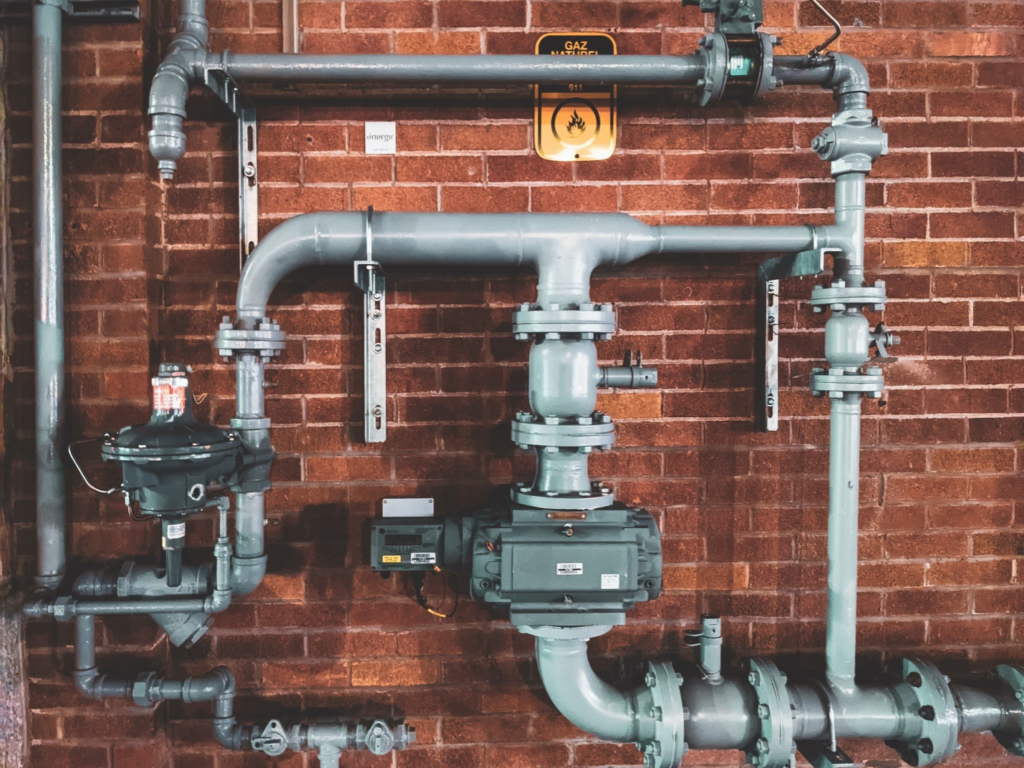Hydronic systems, often hailed as one of the most efficient methods for heating and cooling residential and commercial spaces, have gained popularity for their energy-saving capabilities and comfortable climate control. Whether you are considering installing a hydronic system or simply curious about how it works, this blog will provide a comprehensive understanding of the inner workings of hydronic systems. Furthermore, Infinity Air LLC offers exceptional hydronic and HVAC services.
Understanding the Basics
Heat Source
The heart of any hydronic system is its heat source. This can be a boiler, a heat pump, or a solar thermal system. The heat source is responsible for heating the water in the design, raising its temperature to the desired level.
Distribution Network
A network of pipes, also known as hydronic tubing, carries the hot water from the heat source to various zones within the building. These zones include radiators, baseboard heaters, or even in-floor heating systems.
Radiators or Heating Elements
In traditional hydronic systems, radiators or heating elements release heat into the rooms they serve. The hot water flows through these devices, transferring heat to the surrounding air and warming the space.
Thermostats and Controls
Hydronic systems are equipped with thermostats and controls to maintain a comfortable temperature. These devices monitor the temperature in each zone and adjust the flow of hot water accordingly. This precise control ensures energy efficiency and comfort.
Return Loop
Once the hot water has delivered its heat to the zones, it returns to the heat source through a separate loop. This allows the water to be reheated and recirculated through the system, maintaining a consistent temperature throughout the building.

Cooling with Hydronic Systems
While hydronic systems are renowned for their heating capabilities, they can also be adapted for cooling. This is achieved through a process called “chilled water cooling.” In this case, a chiller unit is used to cool the water, then circulated through the same distribution network. Radiators or heating elements replace cooling or fan coils to release cool air into the space. The water is then returned to the chiller unit to be re-cooled, completing the cycle.
Advantages of Hydronic Systems
Energy Efficiency
Hydronic systems are highly efficient because they evenly distribute heat or cool air. This results in reduced energy consumption and lower utility bills.
Comfort
The radiant heat provided by hydronic systems is known for its superior comfort. It warms objects and surfaces in a room, creating a cozy and consistent temperature.
Zoning
Hydronic systems can be easily zoned, allowing for precise temperature control in different building areas. This ensures that rooms are only heated or cooled when needed, enhancing energy efficiency.
Quiet Operation
Unlike forced-air systems that can be noisy, hydronic systems operate quietly, providing a peaceful living or working environment.
Longevity
Hydronic systems can have a longer lifespan with proper maintenance than other heating and cooling methods.
Ready to upgrade to efficient hydronic systems? Contact Infinity Air LLC., your trusted HVAC company Las Vegas with 70+ years of expertise in hydronic systems, heating services, and more.
Explore our professional HVAC services Las Vegas today!



